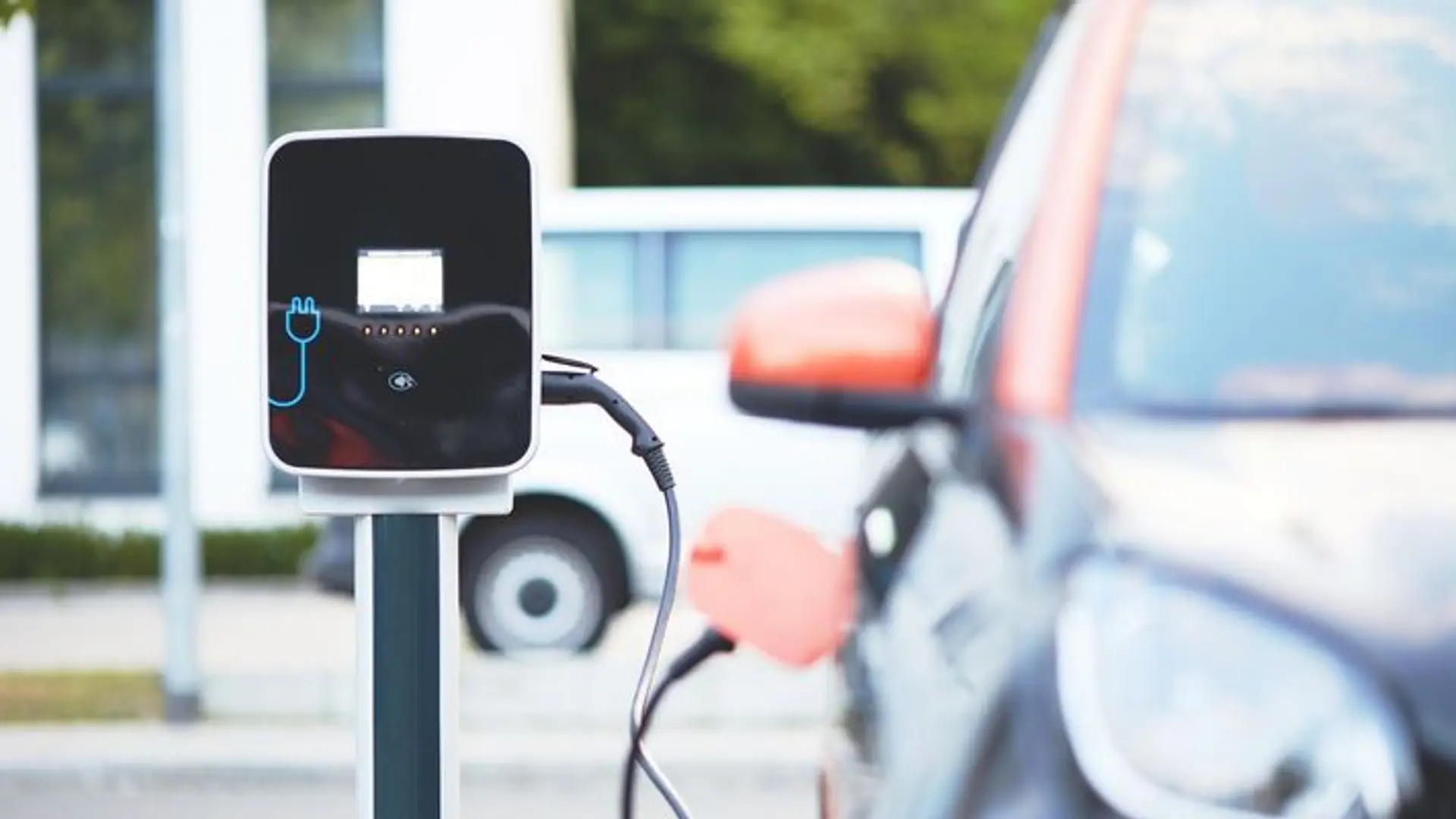[Startup Bharat] Launched in a kitchen with Rs 5k, D2C beauty brand Juicy Chemistry clocks Rs 25 Cr revenue
Coimbatore-based Juicy Chemistry is a D2C beauty brand known for its organic ingredients and products. It raised a Series A round of $6.3 million earlier this year, and clocked a revenue of Rs 25 crore in FY21.
During a routine Sunday shopping at a mall, Megha Asher, who was then running a fashion line, and her husband Pritesh Asher, who was running the family petrochemicals business, happened to talk to a sales executive at the launch of a new beauty product. They then checked the product and ingredient list and were “shocked”.
The ‘natural’ beauty care brand had some ingredients that Pritesh recognised – they were used in the making of petroleum products!
“A product being marketed as ‘natural’ and ‘organic’ told a different story if you read the ingredient list. The blatant greenwashing was shocking and we felt we had to do something about it. Surely a product can be what it claims,” Megha says.
And was born.

Megha Asher, Co-founder, Juicy Chemistry
The journey of the D2C beauty brand began in August 2014 in a small 10X 10 feet kitchen in Coimbatore, with a small seed fund of Rs 5,000. The company ended this financial year with a revenue of Rs 25 crore. It aims to clock a revenue of Rs 100 crore in the next 18 months.
In March this year, it raised $6.3 million in a Series A funding round led by Belgium-based investment firm Verlinvest.
Juicy Chemistry, which focuses on organic ingredients and products, has partnered with small-scale certified farmers across 20 countries and sells its products online. At present, the company services over 20,000 pincodes in India and exports to 20 countries.
The company, which is ECOCERT certified, was bootstrapped until 2019. In the first year, the team generated a revenue of Rs 17 lakh; this went to Rs 6.5 crore by the end of 2019. Interestingly, Juicy Chemistry still has a nimble team - 45 people.

Pritesh Asher, Co-founder, Juicy Chemistry
Setting up the manufacturing
Manvitha Janagam of Verlinvest, an investor in Juicy Chemistry, says, “People are extremely aware and clear of what they want to use now; they want to understand the source of all their ingredients. I found both Pritesh and Megha had put in research into each ingredient. They have put years of research to create a clean organic product.”
She adds Juicy Chemistry is one of the few companies that is ECOCERT certified, and has also taken time and effort to build awareness among consumers. In this year they have marked a 200 percent topline growth and have a strong customer following base and customer.
When Juicy Chemistry was operating out of a kitchen, the founders used simple kitchen utensils to make cold-process soaps and body butters. “As the brand grew, we invested in a 8,000 sq ft manufacturing facility with a partially automated production line,” Pritesh says.
Juicy Chemistry follows a source-to-shelf approach. A traditional supply chain comprises the source, manufacturer, wholesaler, distributor, and retailer. In contrast, Juicy Chemistry has a backwards-integrated supply chain.
“Sourcing nutrient-rich, ethically-grown organic ingredients is vital to our business, and to ensure this we work directly with small-scale farmers across the globe. Being a direct-to-consumer brand, we have eliminated middlemen from the equation entirely,” Pritesh says.
“We bring raw organic ingredients to our manufacturing unit and directly supply the customer with products that retain their freshness and nutrient profile.”
All products are manufactured in-house in their Coimbatore manufacturing facility.
Pritesh adds that they also wanted to ensure sustainability, and worked on the packaging. At present, the team uses glass, aluminium, and paper to package their products.
“The little plastic we use is for some of our shampoo bottles, and it is recyclable. To minimise damage to the environment, we also run a take-back programme and incentivise our consumers to be actively involved in being sustainable,” Pritesh says.

The Juicy Chemistry Team
Finding their niche
The founders started by attending exhibitions and fairs to showcase the products and soon built a strong consumer base. They also started selling their products on Amazon, as they knew that a “digital-first approach was the way to go”.
Finding a niche helped the brand find a firm footing in the Indian beauty market.
“We wanted to do things the right way. It was very important to us that we champion the ingredients that make the products and that we do so in a sustainable fashion. No greenwashing, no rumour-mongering. Just Juicy Chemistry. Today we are proud to say we’ve created a new category in the Indian beauty space,” Megha says.
One of the initial challenges was lack of consumer awareness and helping them understand how Juicy Chemistry was different from the others.
Megha says they leveraged the power and reach of social media to create a community that resonated with their mission of organic wellness. The team has a digital presence across social media platforms such as Instagram, Facebook, LinkedIn, and Twitter.
“We also chose to focus on our website. We wanted to create a resource for consumers to understand why we do what we do. We have also built an ingredient library that documents why we pick which ingredients and what each of them does. All these findings are backed by research papers and scientific studies.
"At Juicy Chemistry, we work towards combining nature and science and we want our consumers to understand this as well,” she adds.
The COVID-19 factor
While the first quarter of 2020 was not the easiest in the wake of the COVID-19 pandemic, things began picking up in May. From 300-400 couriers a day, orders have now risen to 1,250-1500 couriers a day and an average cart value of Rs 1,400.
“Our largely digital presence, across ecommerce platforms such as Amazon, Myntra, MyTara, Nykaa, The Green Maven, Vanity Wagon and Purplle, and new and improved website, worked well to our advantage as consumers became more digital-focused due to the pandemic,” Pritesh says.
Today, Juicy Chemistry has over two lakh active users on their website and 75,000 mobile app downloads. The app was launched in late 2019. Pritesh explains that they were able to successfully cushion the impact of the COVID-19 pandemic as they focused on creating a dominant online presence.
“We had plans of expanding our offline presence when the pandemic struck. It had a crippling effect on our supply chain and we struggled for the first half of 2020 but faced our challenges head-on. An entrepreneur’s journey is no easy one, but what matters is how one chooses to approach a problem.
"In the first month since the nationwide lockdown – in May 2020 – we experienced a 150 percent jump in orders. In June, it rose to 350 percent. The only way all of this came to be was because we kept our heads down and kept on working,” Megha says.
The market and product differentiation
An Avendus report says that the country’s D2C business is going to be worth $100 billion in five years. India has as many as 600 D2C brands – a number that will significantly grow in the next five years — and more than 16 brands with an annual turnover of more than $60 million. Some of the startups are include Pilgrim, Nykaa, Plum, Mamaearth, Sugar Cosmetics, Bellora, Vilvaah, and others.
Manvitha says D2C home-grown brands are evolving as it is becoming simpler for companies to start up as infrastructure is now present.
“But the differentiation - in terms of the brand and the products - will play a key role. And Juicy Chemistry has worked on its core product for a long time even before launching it. And that kind of research, work, and customer loyalty they have received will be hard to replicate,” Manvitha says.
Speaking of their differentiation, Pritesh explains that Juicy Chemistry believes in “fresh ingredients with zero preservatives”.
“Many people would argue that preservatives are essential to ensure safety of usage, but we followed a different approach altogether. Any hydrous formulation requires a preservative since water creates a conducive environment for bacterial growth so we choose to make products that do not provide such an environment,” Pritesh says.
At Juicy Chemistry, all oils, butters, and creams are anhydrous; they’re made without water and do not require preservatives. Since no water is used, these products are concentrated as well and a little goes a long way.
Similarly, all scrubs and masks are also anhydrous. The salt and sugar content of these products acts as a natural preservative while antimicrobial essential oils help inhibit bacterial growth. as well. In the case of cleansers, their alkaline nature inhibits bacterial growth. The hydrosols are steam distilled and manufactured in a sterile environment, ensuring they’re contamination-free.
The founders are keen to ensure that this methodology is followed as they grow.
Next up? The beauty brand aims to enter the US and European markets, particularly France, and capitalise on its growth in Australia as well.
“At present, we service over 20,000 pincodes in India and export to 20 countries. We have distribution channels in countries such as South Africa, Nepal, Australia, France, the US, and Singapore. Empowered by our funding and the faith our investors have placed in us, our next target is to grow to a 100 crore revenue in the next 18 months,” Pritesh says.
Edited by Teja Lele


![[Startup Bharat] Launched in a kitchen with Rs 5k, D2C beauty brand Juicy Chemistry clocks Rs 25 Cr revenue](https://images.yourstory.com/cs/2/a9efa9c02dd911e9adc52d913c55075e/SB-1627557168670.png?mode=crop&crop=faces&ar=2%3A1&format=auto&w=1920&q=75)






